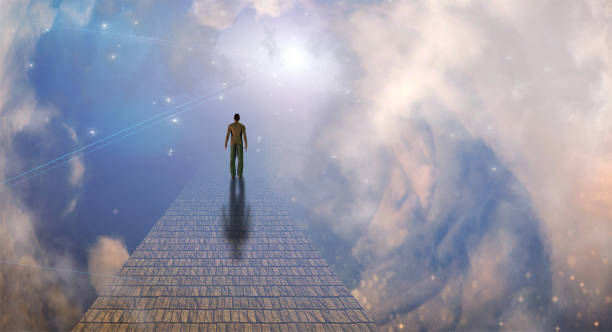
In Bible and Life magazine the writer gives the reader a meditation on common sense (truth) that will make us free.
Matthew's Gospel 7:15-20 states that we pick grapes from grape vines and not from thorn bushes. If people see grapes and still call it a thorn bush we have a problem. We can simply call it lying or worse— bribed or threatened to see other than what is. We can see it as violence or evil. This situation seen by some in society is similar to what Jesus experienced 2000 years ago.
Let us look at John's Gospel 9:1-41. Jesus one day seeing a man born blind made some mud with his saliva from the earth and smeared the man's eyes with the mud and told him to go to the pool of Siloam and wash. He returns able to see. This showed who Jesus was. He gave life and rescued others. He was doing God's work. A grapevine was producing grapes.
Pharisees were from the beginning seeing a sinner. He had to be a sinner. They saw the society in which Jesus moved as an enemy of the kind of society they espoused, no matter what he was able to do he was a sinner. To prove the point they had to attack and distort the reality of the person who was blind from birth and is now able to see.
They asked many times how was it that he now was able to see. They questioned the parents of the blind man to see if he was blind from birth to prove that Jesus was a fraud if that was not the case, the parents made it clear he was born blind.
But this not prevent the Pharisees to continue their assault on the blind man, they now changed from asking how he was now able to see to what does he think of Jesus. They were looking for reasons to expel him from the synagogue, but the once-blind man continued to speak well of Jesus. "I do not know if he is a sinner or not, one thing I do know: I was blind and now I see." He was expelled from the Synagogue.
This is a situation we are often familiar with in our society. Irrationality is quite common. Absurd investigations, confinements, using the media to advance the views of those in authority, arresting the innocent, and freeing the guilty. Truth is not important but authority rules make life difficult.
The blind man not only began to see with his bodily eyes but also with the eyes of the heart. The truth is often no big issue but rather seeing grapes where there are grapes and thorns where there are thorns. Our faith life is very much the same: living according to our consciences. We begin with common sense. "The truth will make us free." John 8:21.





